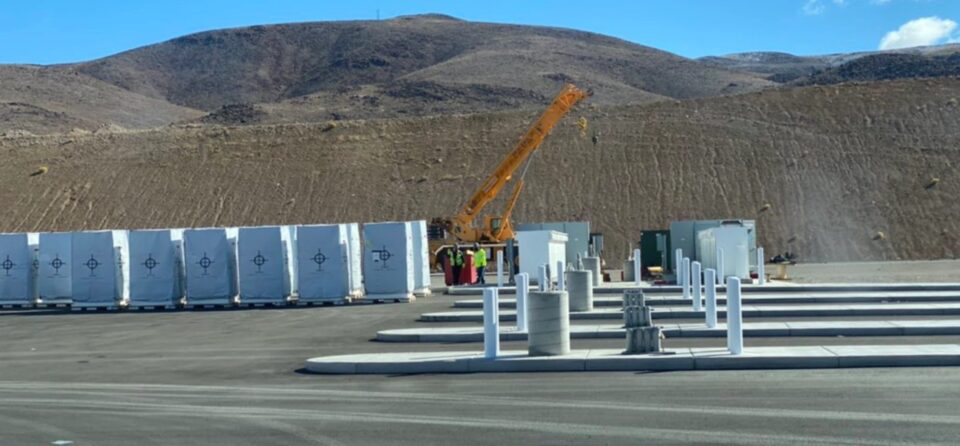Tesla’s Semi Truck may be facing delays, but that is not stopping the American EV maker from putting infrastructure to support it in place. To solve the problem of where to charge the enormous battery the truck will use, Tesla has started building the first Tesla Megacharger at its facility in Nevada.
Tesla maintains a global network of Superchargers for charging its EV exclusively. However, the company has agreed to open up the chargers to other EVs. The Semi will evidently require more powerful charging, at over 1MW, hence, the name, Megacharger.
The location of the first Megachargers is not surprising as Tesla needs to test-run the facilities before opening them to the public. It will likely support Tesla’s plan to use the Semi to move vehicle components between its Nevada and Texas plants.
Tesla first revealed it would build Megachargers when it unveiled the Class 8 electric truck in 2017. Each charger would add 400 miles in 30 minutes. But more importantly, Tesla wants to keep the cost of charging low when drivers use Megachargers.

Twitter user, and Tesla investor, Sawyer Merrit spotted the work-in-progress and posted pictures he took. To accommodate the trucks when coupled to trailers, the stalls are longer than at existing Tesla charging stations.
Apparently, Tesla is getting more open with the design of the mega chargers as it submitted its design to CharIN. CharIN is the body behind the CSS standard. The body has received inputs from other companies like Electrify America, ABB, paXos, etc., as it works to establish a standard for high power charging.
Tesla recently reported it had moved production of the electric Semi truck to 2022 due to several constraints that include the global chip shortage and other bottlenecks in its global supply chain. The truck will debut with Tesla’s new 4680 battery.
For now, Tesla is focusing on the Model Y and Cybertruck. However, there is progress as Tesla reported it had completed the drive axle production line and was tweaking the pilot production line. Several high-profile companies have placed orders for the truck, which starts at $150,000 and is expected to cost less to fuel and maintain, especially when deployed as a fleet.